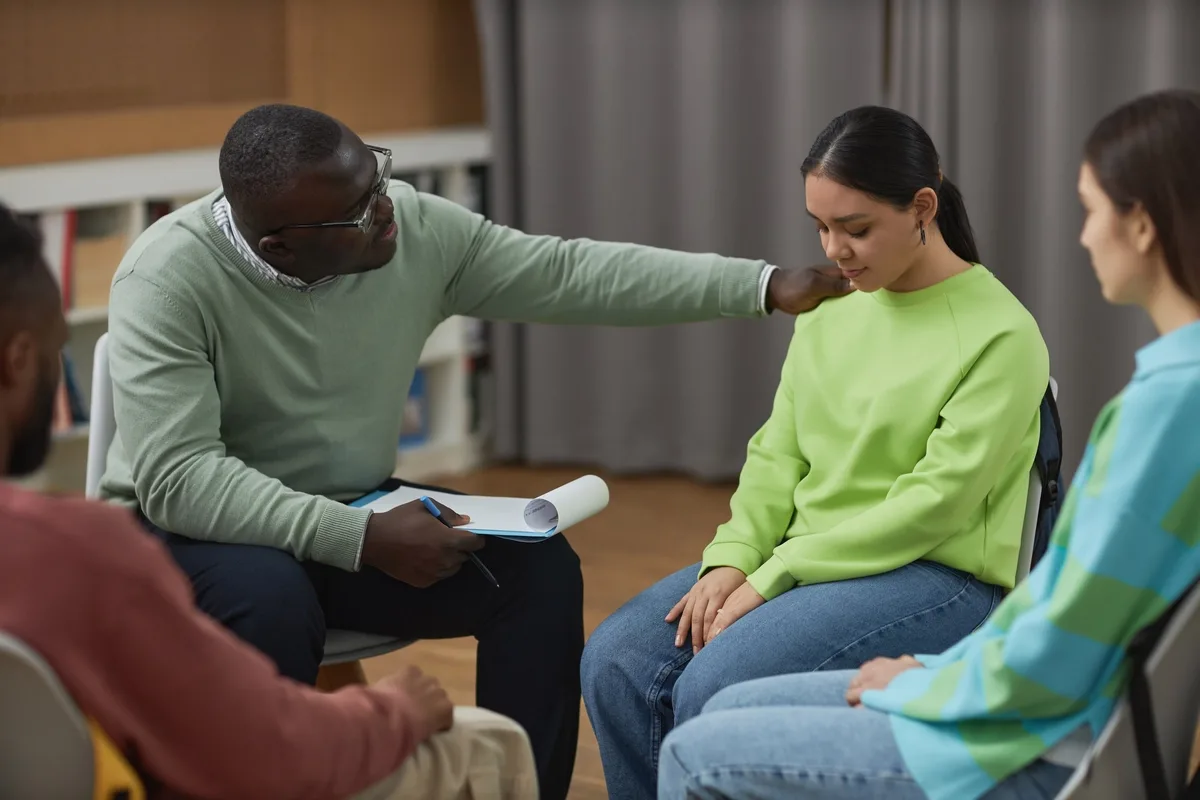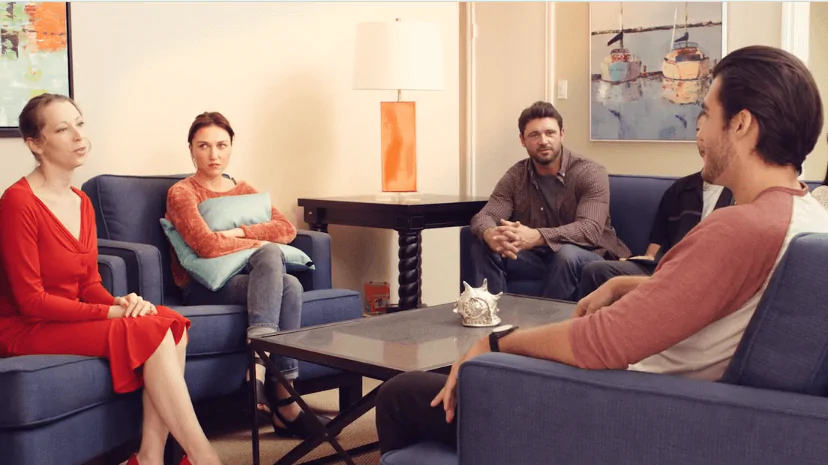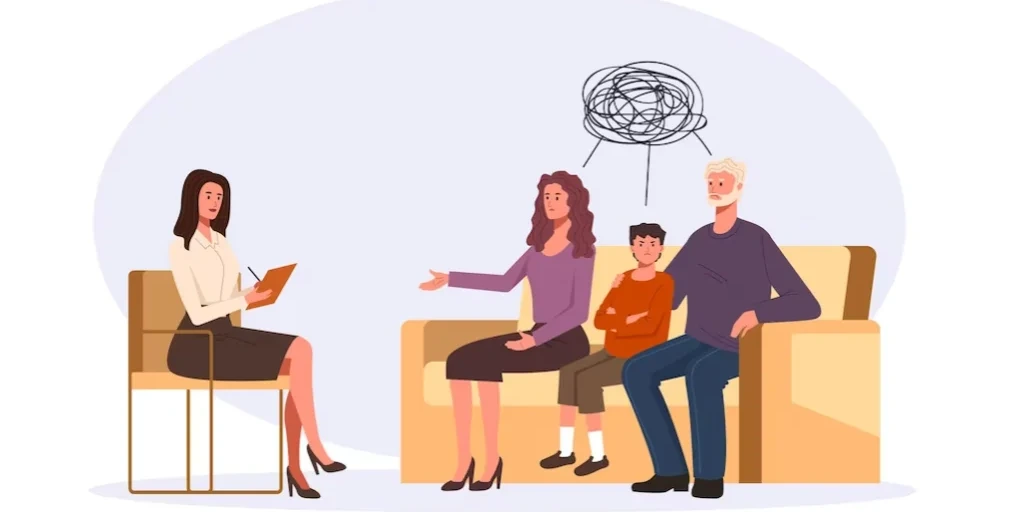24/7 Helpline:
(866) 899-221924/7 Helpline:
(866) 899-2219
Learn more about Aftercare Support centers in Freeport
Aftercare Support in Other Cities

Other Insurance Options

AllWell

Aetna

UMR

Optima

State Farm

Health Net

WellPoint

Optum

Holman Group

Sutter

Choice Care Network

Health Choice

Molina Healthcare

Excellus

Medical Mutual of Ohio

Lucent

Ceridian

Self-pay options

ComPsych

Multiplan

























